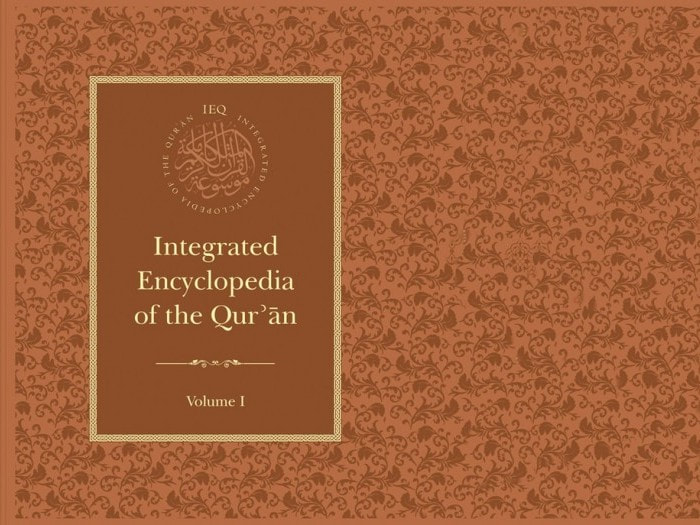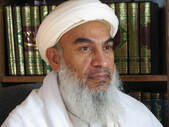The Integrated Encyclopedia of the Qurʾan: Raison d’être & Project SummaryOut of some 6.6 billion men, women, and children now living on earth, every fourth proclaims there is none worthy of worship except Allah and that Muhammad is the Messenger of Allah. This testimony (shahada) makes them Muslims--those who consciously and willingly submit to their Creator. Muslims believe the Qur'an is the last revealed Book, sent by Allah to guide humanity to the Straight Path (al-sirat al-mustaqim), and the life of Prophet Muhammad the best model to follow. The Qur'an and the vast repository of texts dealing with the life of the Prophet (Sunna) are in classical Arabic, as are most of their respective commentaries. Only about 15 percent of all Muslims now speak Arabic as their mother tongue, and, even within this segment, knowledge of classical Arabic is rapidly deteriorating. Of the non-Arabic speaking majority, which is rapidly increasing due to population growth and conversions, only about 8 to 10 per cent have knowledge of classical Arabic. This means that, at best, only 20 percent of Muslims now understand the language of the primary sources of their religion.
|
Muzaffar Iqbal
|
|
© Center for Islamic Sciences. All Rights Reserved.
Designed and Developed by Crescent Marketing Solutions |


